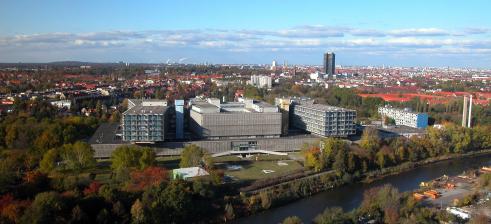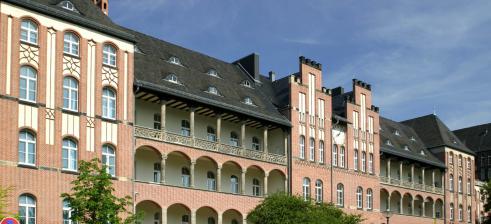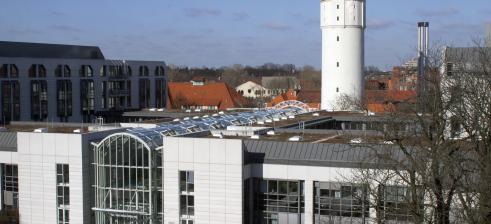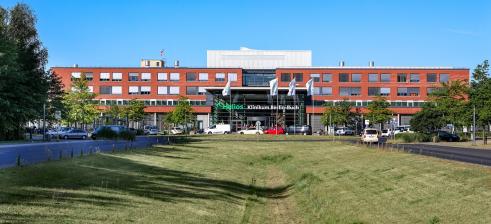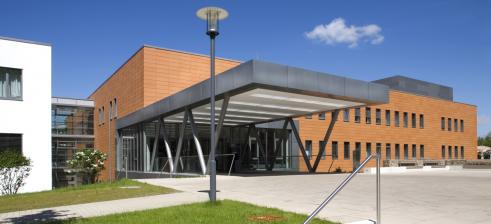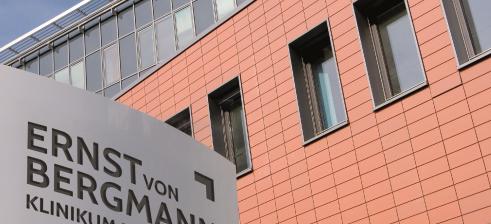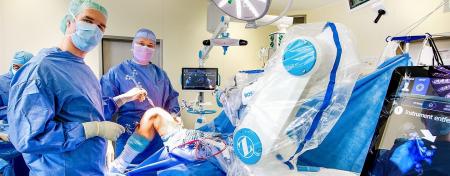Oncology in Berlin
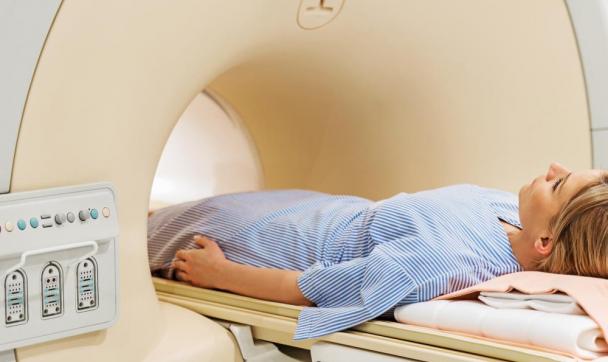
A cancer diagnosis often comes as a shock to patients and their families. Tumours frequently develop slowly and go unnoticed without showing any symptoms, and in many cases are detected by chance. Because cancer can often be treated well in its early stages, regular check-ups are particularly important.
According to the WHO, lung, breast and bowel cancer are the most common types of cancer worldwide. Treatment methods depend on the type and stage of the cancer. Every kind of tumour is different, and the course it takes can differ from person to person, meaning that each patient requires individualized treatment.
Cancer is treated by surgically removing cancerous tissue and/or with radiation and chemotherapy. Hormone therapy is used to block the body’s own hormones and thereby prevent a tumour from spreading. Blood stem cell transplants may also be necessary, for example for leukaemia patients who need healthy bone marrow following chemotherapy or radiation.
Hospitals and doctors' surgeries
8 results
Comprehensive medical care

Your Checklist – for a pleasant stay
-
1 Preparations
Describe your concerns and send the necessary documents to the hospital.
-
2 Relevant documents
Inform yourself about your medical visa and select all documents.
-
3 Stay
Inform yourself in time about your hospital and a appropriate accommodation.
-
4 After discharge
Verify if you will need a medication or further treatment.

